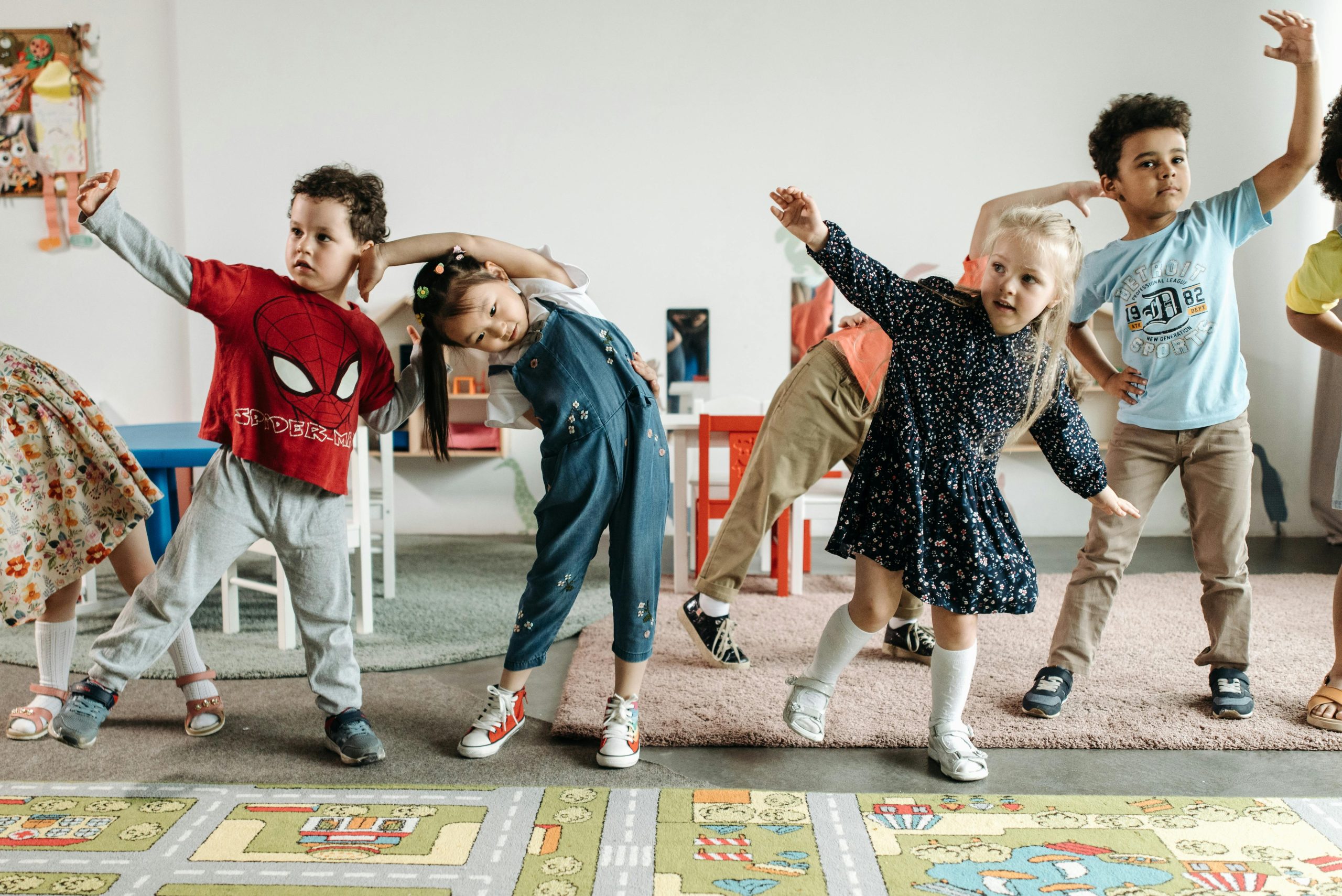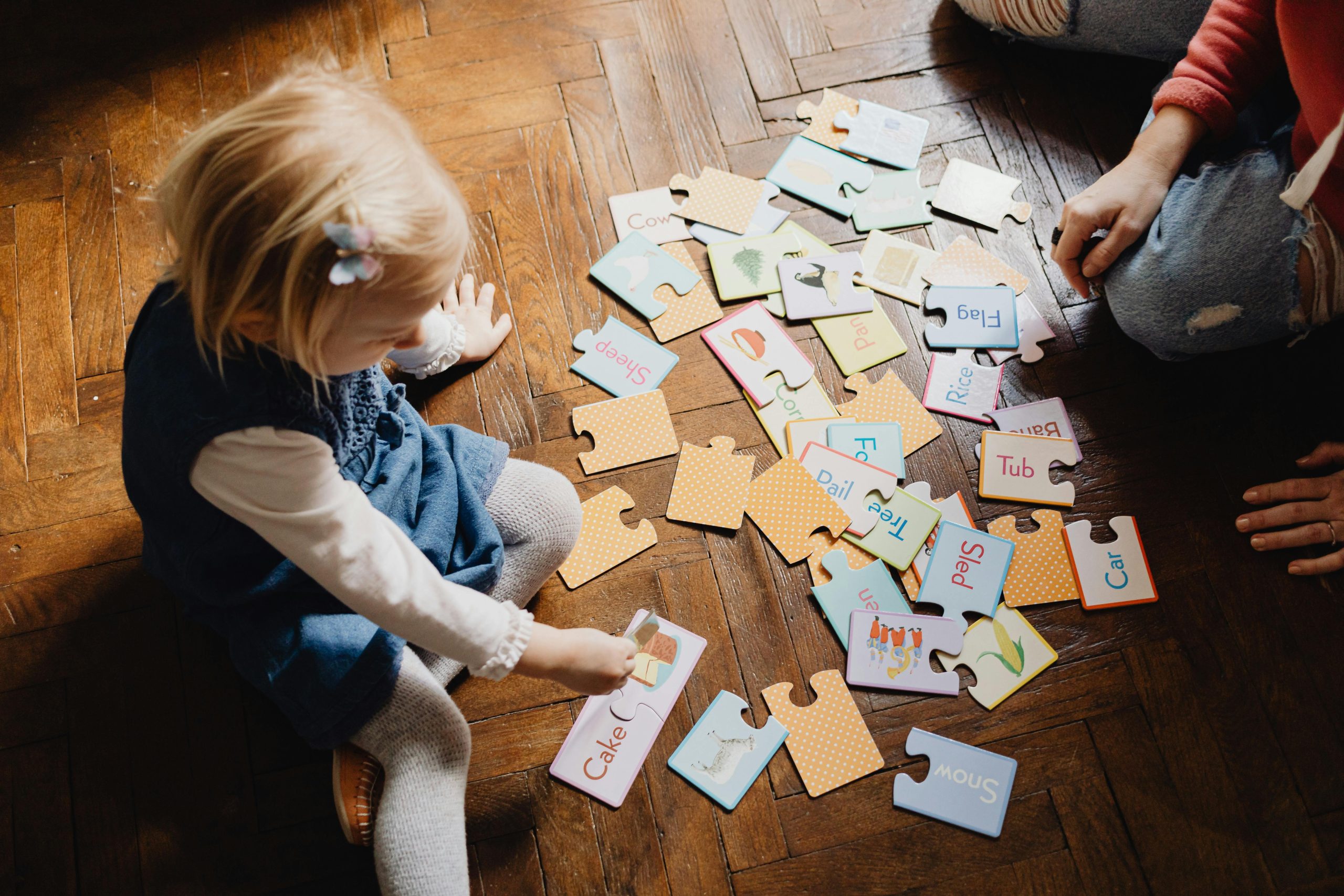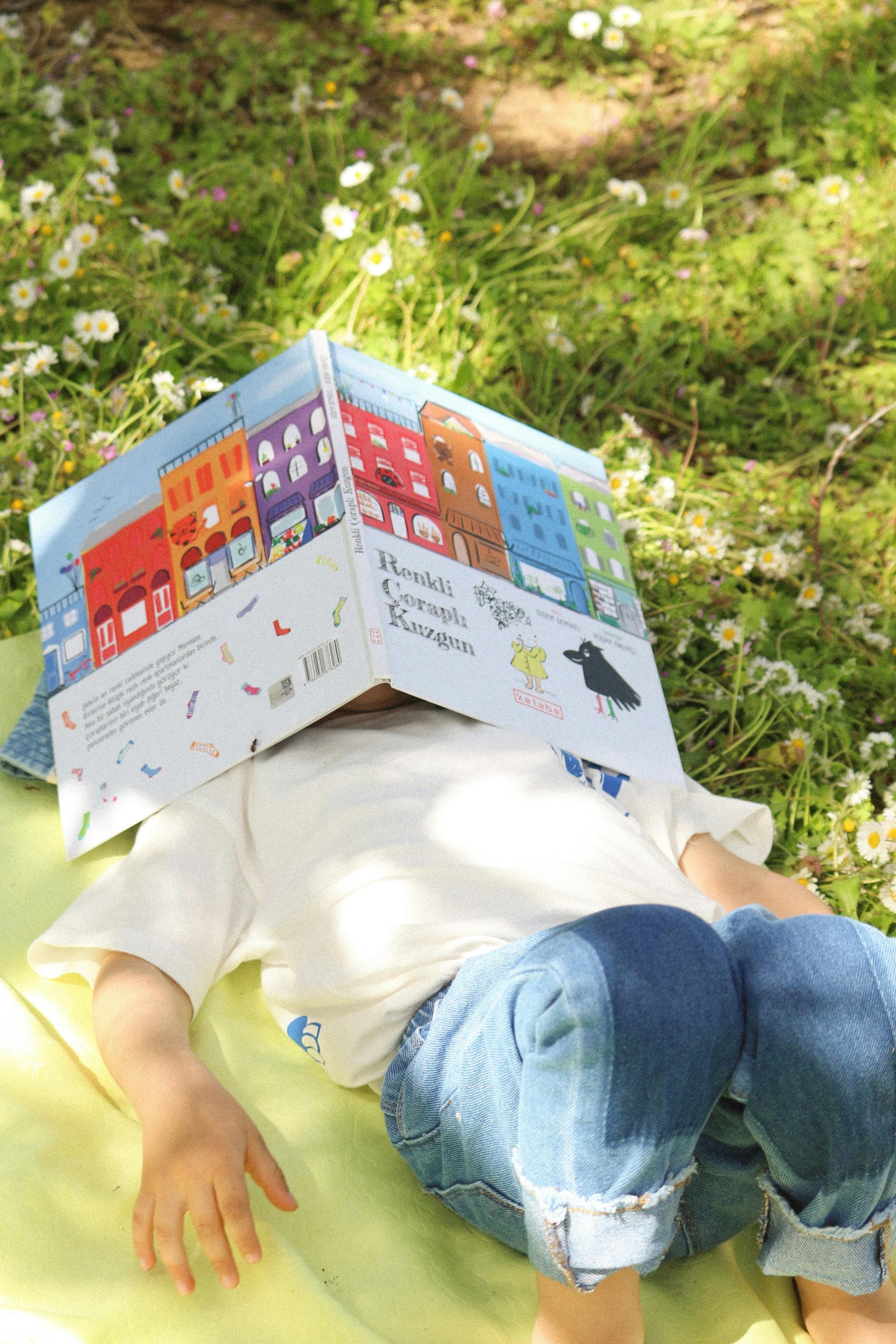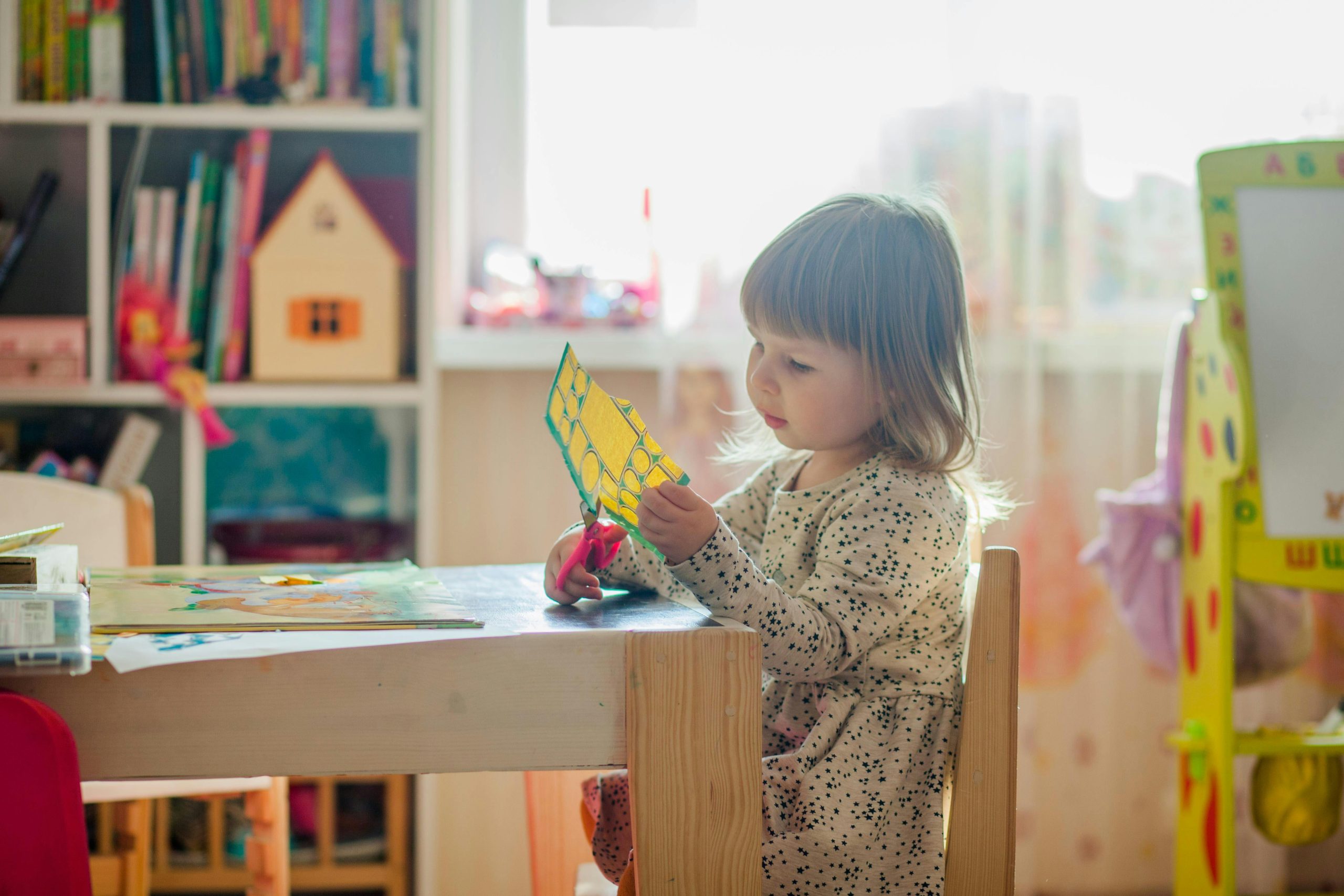
Play and Problem Solving in Children: The Power of Puzzles
Play is far more than a way for children to pass[…]

Top 10 Outdoor Activities for Kids: Fun, Educational, and Adventurous Ideas
Looking for fun and engaging outdoor activities for kids? You’ve come[…]

Talk, Listen, Learn: Everyday Conversations that Build the Mind
Children are natural explorers. Every question they ask, every story they[…]

Sleep and Memory: The Scientific Connection That Transforms Your Brain
Key Takeaways Sleep consolidates memories by transferring information from the hippocampus[…]

Morning Routines and Mental Health: The Science of Starting Strong
In today’s fast-paced world, how we start our mornings can make[…]

Understanding the Role of Emotional Language in Executive Function: Why Some Children Struggle with Organization and Focus
When a child frequently forgets homework, loses their school bag, or[…]

My Child Speaks Fluently but Does Not Listen: Comparing Language Processing Difficulties and Language Issues
When your child speaks fluently but struggles with listening and understanding,[…]

Understanding the Difference Between Shy and Social Difficulties
Many children go through phases of shyness. They might hide behind[…]

Understanding Child Tantrums: When Tantrums Are More Than Just Tantrums
Every parent has experienced it—your child collapses on the floor in[…]

Why Is My Child Struggling to Focus? 7 Early Signs of Attention Challenges
As a parent, it can be concerning to notice your child[…]